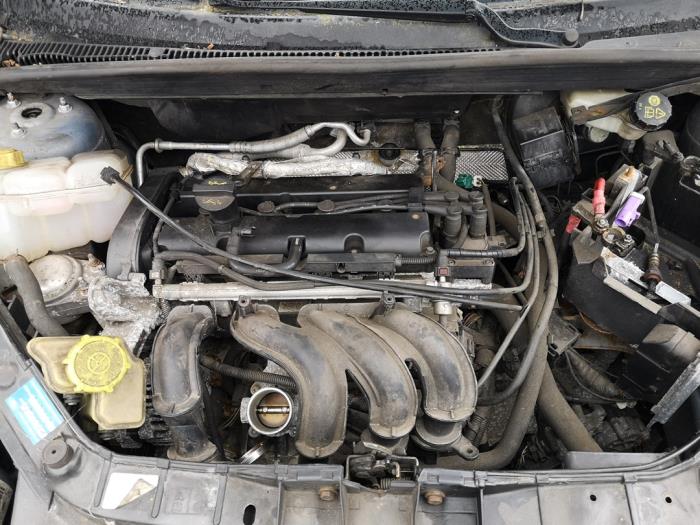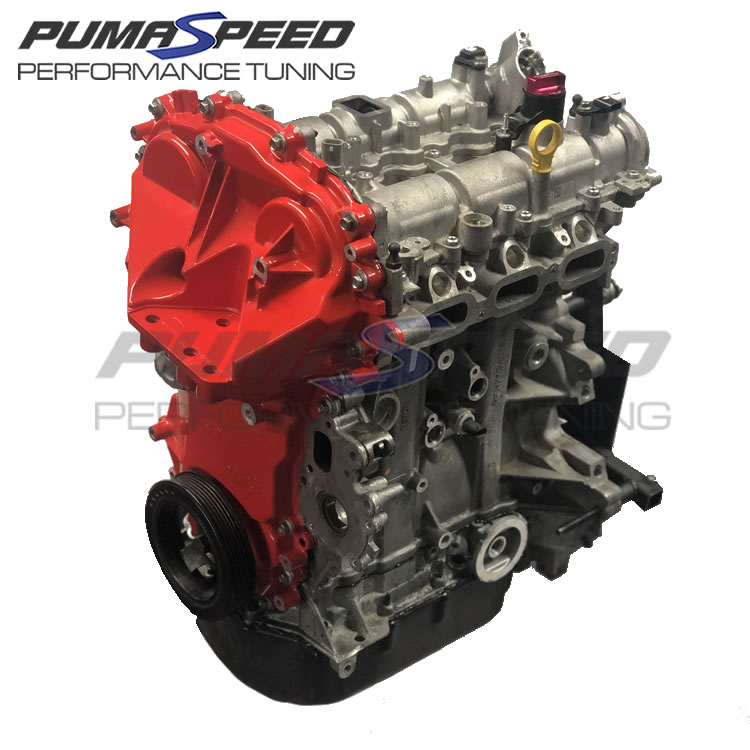The Future of Engines: Technologies Driving Sustainable Power Solutions
As the automobile market browses the imperative shift in the direction of sustainability, the future of engines is increasingly specified by groundbreaking advancements. Electric engine innovations, along with promising advancements in hydrogen fuel cells and biofuels, are reshaping the landscape of power options.
Electric Engine Dope
The advancement of electric engine advancements symbolizes a crucial change in the automotive and aerospace industries, driven by the urgent need for lasting choices to fossil fuels. This transition is defined by considerable improvements in battery modern technology, power electronics, and electric motor style, which collectively improve the effectiveness and efficiency of electrical engines.
Current developments have caused the creation of lighter, extra energy-dense batteries, such as lithium-silicon and solid-state batteries, which assure longer arrays and much shorter billing times. Furthermore, enhancements in electric motor performance, such as using permanent magnets and progressed cooling down systems, allow electrical engines to run effectively under varying conditions. These improvements not only improve vehicle efficiency however also add to a decrease in overall power usage.
Furthermore, the combination of sophisticated software formulas has maximized power management in electrical cars, enabling regenerative stopping and anticipating charging approaches. As makers progressively accept electric propulsion, the aerospace and automotive fields are observing a standard change towards greener innovations. This advancement not just satisfies governing demands however additionally aligns with consumer choices for ecologically pleasant transportation options, solidifying electrical engines as a keystone of future sustainable flexibility.
Advancements in Biofuels
As the aerospace and auto industries progressively focus on lasting energy resources, developments in biofuels become a corresponding option to electrical engines. Biofuels, stemmed from organic materials such as crops, waste, and algae, provide an innovative avenue for decreasing greenhouse gas exhausts and reliance on nonrenewable fuel sources.
Recent research study has actually concentrated on improving the efficiency and sustainability of biofuel manufacturing. Second-generation biofuels make use of non-food feedstocks, lessening competitors with food supply and decreasing environmental influence. Innovations in synthetic biology have actually allowed the design of bacteria to create biofuels extra efficiently, leading to higher returns and reduced production expenses.
In addition, the growth of drop-in biofuels permits smooth assimilation right into existing framework, allowing a smoother change for sectors traditionally reliant on fossil gas. ford fiesta engine. These fuels can be made use of in current engines without modifications, promoting their adoption throughout different markets
Investments in biofuel technology, along with encouraging plans, are necessary to drive innovation and scalability. As the global community looks for to deal with environment change, biofuels offer a pragmatic, instant remedy that aligns with the overarching objective of sustainability in transport and aviation.
Hydrogen Fuel Cell Modern Technology
A growing number of business and researchers are exploring hydrogen gas cell innovation as a practical choice to standard source of power in transport and power systems. This innovation converts chemical power from hydrogen into power with an electrochemical response, with water as the only by-product, making it an ecologically pleasant alternative.
The core of hydrogen fuel cells is the gas cell stack, where hydrogen molecules are split right into protons and electrons. The flow of electrons produces electrical energy, while protons relocate with a membrane to incorporate with oxygen from the air, forming water. This procedure causes high efficiency and low exhausts, positioning hydrogen gas cells as a critical gamer in the shift to lasting power.
Considerable advancements have been made in enhancing the toughness and effectiveness of fuel cells, together with decreasing prices through ingenious production techniques. Moreover, the development of hydrogen manufacturing approaches, such as electrolysis powered by renewable resource sources, improves the sustainability of the general system. As framework for hydrogen refueling expands and manufacturing methods become a lot more efficient, hydrogen fuel cell technology holds terrific assurance for decarbonizing different markets, including durable transportation and fixed power generation.
Crossbreed Equipments and Their Effect
Crossbreed systems represent a substantial development in sustainable engine technology, merging conventional internal combustion engines with electrical propulsion to maximize energy performance and decrease exhausts (ford fiesta engine). This twin method allows lorries to make use of both power resources, enabling greater flexibility in energy usage and lowering reliance on nonrenewable fuel sources

In enhancement to environmental advantages, hybrid systems offer customers a feasible transition towards completely electrical lorries. They alleviate range anxiety by incorporating the ease of gas with the benefits of electrical propulsion, making them an appealing alternative for a larger target market. As makers buy hybrid technology, the development of more advanced battery systems and light-weight products proceeds to boost performance. In general, crossbreed systems stand for a critical step towards achieving lasting transport and resolving the urgent requirement for eco-friendly power services.
The Role of AI in Engine Layout
Leveraging innovative formulas and artificial intelligence techniques, the automobile industry is significantly integrating fabricated intelligence (AI) right into engine style processes. AI improves the effectiveness and performance of style by evaluating huge datasets to identify optimal configurations and performance specifications. This capacity allows designers to imitate various operating problems and anticipate engine behavior under multiple circumstances, significantly reducing the time and price connected with traditional prototyping approaches.
Furthermore, AI helps with the advancement of advanced products and burning procedures customized for sustainability. By optimizing fuel efficiency and minimizing emissions, AI-driven layouts straighten with global initiatives focused on minimizing the carbon impact of auto engines. Device learning algorithms can additionally predict maintenance needs, causing enhanced dependability and durability of engine parts.
Moreover, AI is critical in the assimilation of electrification innovations, such as hybrid systems, where it can maximize battery monitoring and energy recuperation procedures. As the market moves towards even more lasting power solutions, the duty of AI in Visit Website engine style comes to be progressively crucial, driving advancement and boosting the performance of future engines. Inevitably, the cooperation in between AI and engine style declares a brand-new era of smarter, cleaner, and extra reliable automobile technologies.

Final Thought
Finally, the future of engines is being shaped by a merging of cutting-edge modern technologies that focus on sustainability. Electric engine innovations, biofuel developments, hydrogen gas cells, and crossbreed systems jointly add to a considerable decrease in discharges and ecological impact. Furthermore, the combination of expert system in engine layout improves effectiveness and efficiency. These transformative services highlight a dedication to creating a cleaner, much more lasting automotive landscape, inevitably profiting both society and the environment.
Electric engine improvements, together view website with promising growths in hydrogen fuel cells and biofuels, are reshaping the landscape of power remedies. Additionally, enhancements in electric motor efficiency, such as the use of long-term magnets and advanced cooling systems, make it possible for electric engines to run effectively under varying problems. By maximizing gas effectiveness and lessening discharges, AI-driven layouts line up with worldwide initiatives intended at minimizing the carbon footprint of automobile engines. As the industry relocates towards even more sustainable power solutions, the function of AI in engine design comes to be progressively important, driving innovation and boosting the performance of future engines. Electric engine advancements, biofuel growths, hydrogen fuel cells, and crossbreed systems collectively add to a significant decrease in emissions and ecological impact.